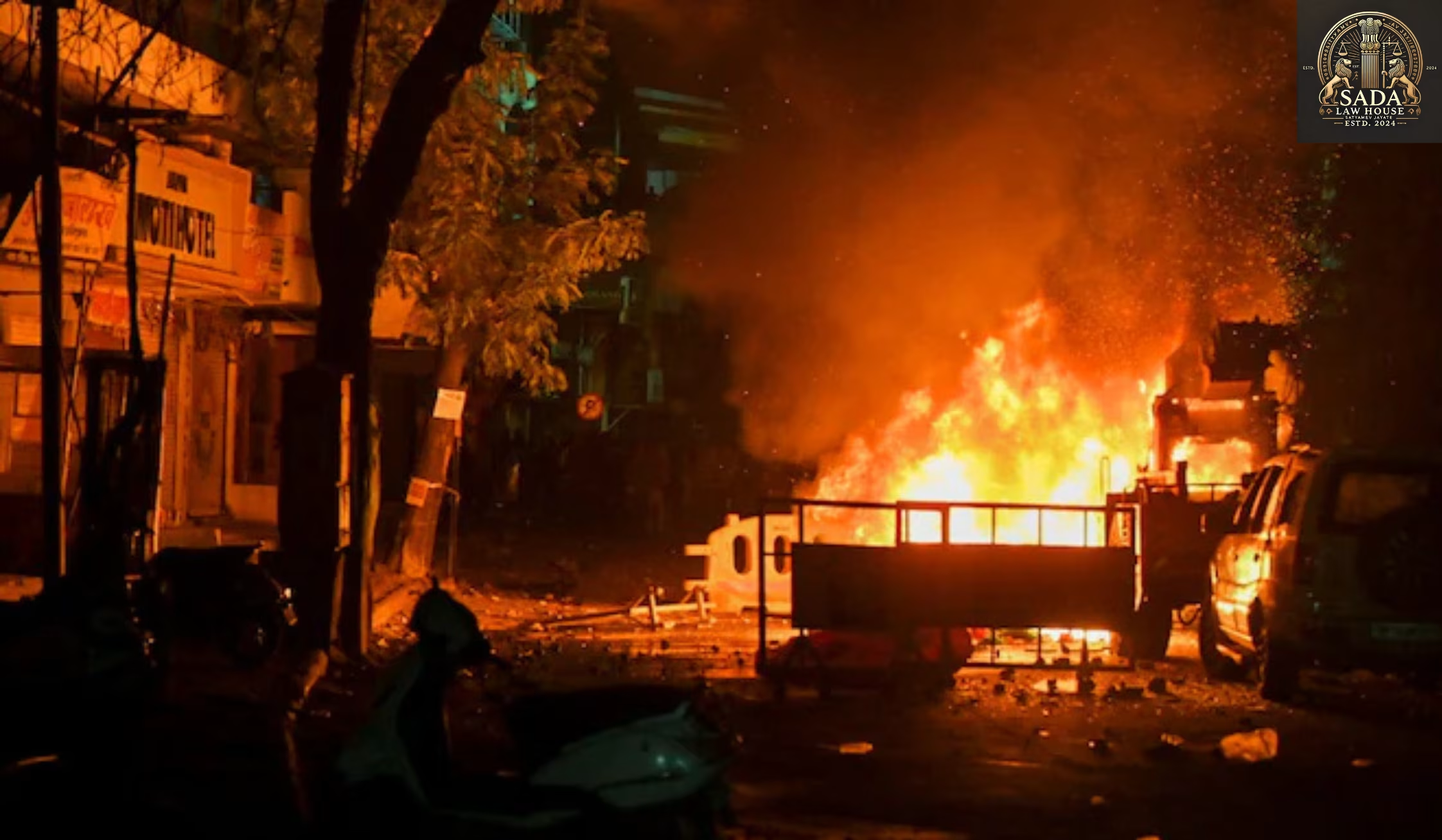Bombay High Court Grants Bail to Nine in Nagpur Riots Case, Denounces Mob Justice
- KASHISH JAHAN
- 27 June 2025

The Bombay High Court granted bail to nine accused in the Nagpur riots case, strongly condemning mob justice and reaffirming the importance of constitutional values and legal due process in India.
Bombay High Court Grants Bail in Nagpur Riots Case, Condemns Mob Justice
The Bombay High Court’s Nagpur Bench issued a significant ruling on June 26, 2025, granting bail to nine individuals involved in the Nagpur riots that erupted near Aurangzeb’s tomb in Chhatrapati Sambhajinagar in March 2025. The bench, led by Justice Urmila Joshi-Phalke, emphasized that the prolonged custody of the accused was unnecessary and served no judicial interest.
Legal Due Process Over Mob Justice
The Court strongly asserted that mob justice must never substitute the legal system. “Self-styled vigilantes taking the law into their own hands threaten communal harmony and weaken trust in judicial institutions,” Justice Joshi-Phalke remarked. She reiterated the constitutional mandate of equality before the law, a cornerstone of India’s democratic framework.
Court’s Focus on Liberty and Fairness
Highlighting the irrelevance of further custodial interrogation, the Court declared that the accused are “entitled to liberty” under current circumstances. This ruling reflects the legal principle that criminal justice must be based on evidence and fairness, not public outrage or fear-driven reaction.
Context: Rising Communal Tensions in India
This case comes amidst growing concerns about rising hate crimes and communal polarization in India. The Court’s verdict aligns with previous judgments by the Supreme Court of India, which have consistently ruled that intolerance and mob violence go against the values enshrined in the Indian Constitution.
Legal Experts Applaud the Judgment
According to legal analysts, the Bombay High Court’s decision is a powerful reaffirmation of the rule of law. It sends a clear message that vigilante justice has no place in a constitutional democracy and that public order must be preserved through lawful and impartial mechanisms.






